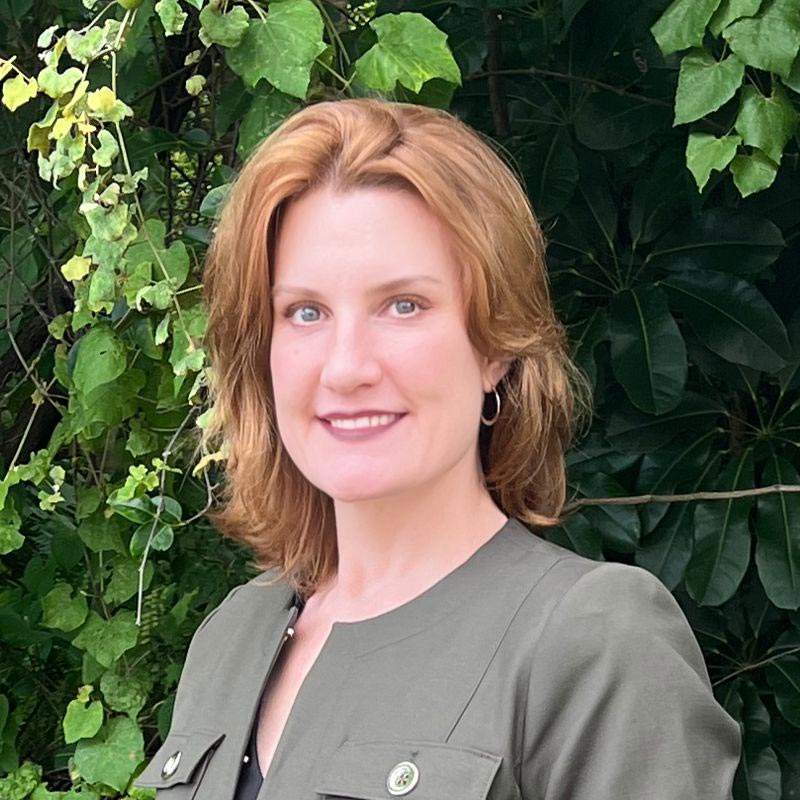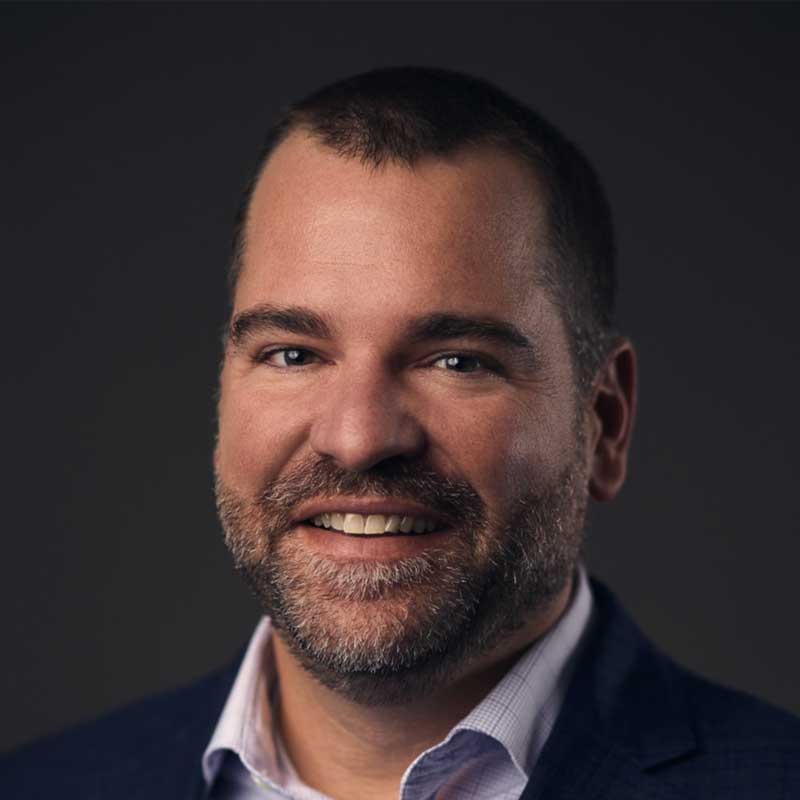About
At AristaMD, we envision a world where all patients have timely, cost-effective access to healthcare.

Who We Are
As a specialty care management company, AristaMD enables primary care providers to manage risk and deliver excellent patient care. Our approach to specialty care includes offering providers the ability to leverage a variety of care management services designed to reduce the cost of care and improve outcomes.
Our flagship solution, eConsults, connects PCPs with board-certified specialists-ensuring that patients receive the right care at the right time.
Our Leadership Team
We are healthcare leaders dedicated improving care management through technology.

Keith Pinter
Chief Executive Officer
Keith Pinter is a growth oriented change leader with two decades of proven results in the healthcare provider and technology sectors with a history of serving as a strategic catalyst for change, driven to improve clinical and business…

Julia Jezmir, MD, MBA

Mike Gierut, CPA
Chief Financial Officer
Mike Gierut, CPA, is a seasoned financial executive with over 15 years of experience leading finance strategy, transformation initiatives, and operational excellence in the healthcare industry. Most recently, as Senior Vice President of Finance…

Eric Urquiza
Chief Client Officer

Kate McDonald
SVP of Strategy & Marketing

Jordan Oelschlager
SVP of Strategic Development

Jordan Coleman
VP of Operations
Jordan Coleman has nearly 20 years of experience leading clinical and medical practice operations in the primary and multispecialty care settings across the private, public, and military sectors. He brings strong…
Our Board
Our board members bring expansive expertise and represent the industry we serve.

John Kuelper
Board Chairman, AristaMD
Senior Managing Director, Ascension Ventures

Craig Cimini

David Eichler
Board Member, AristaMD
Managing Partner, Valeo Ventures

Brant Heise
Board Member, AristaMD
Managing Director, MemorialCare Innovation Fund
Careers
Join a team of passionate healthcare entrepreneurs improving patient care transitions.
